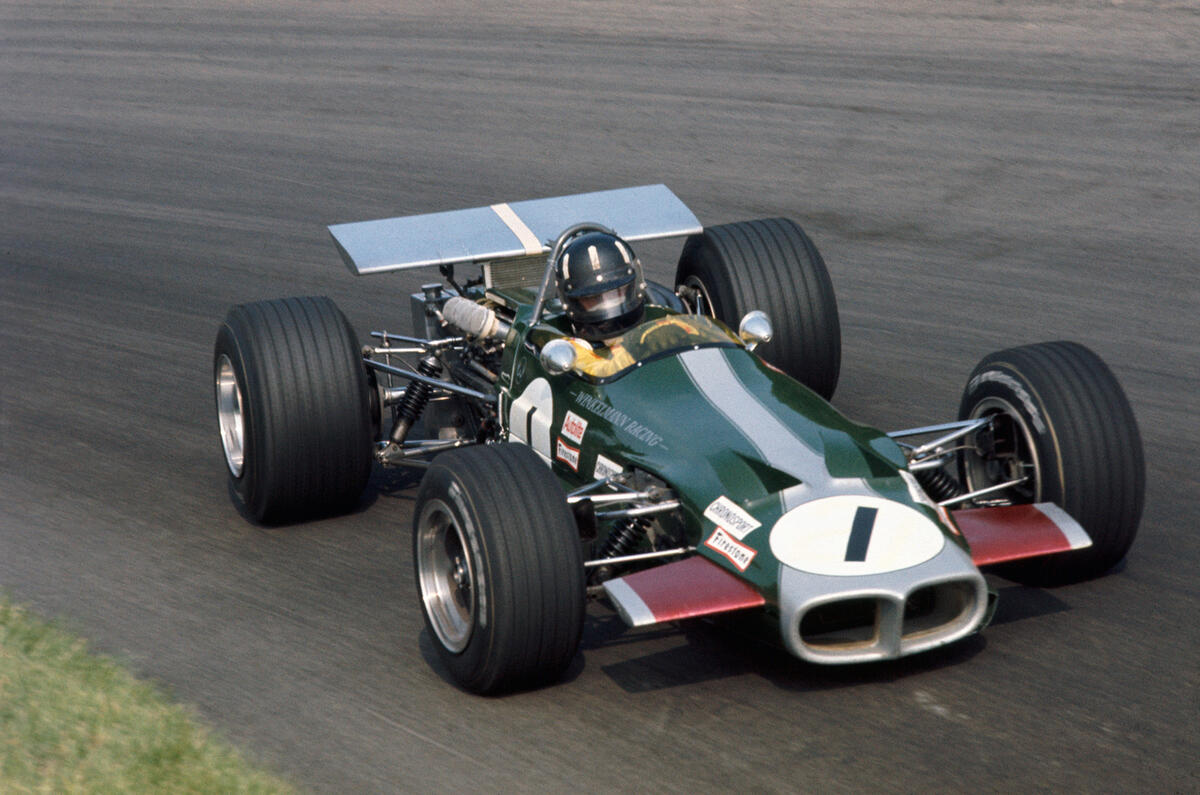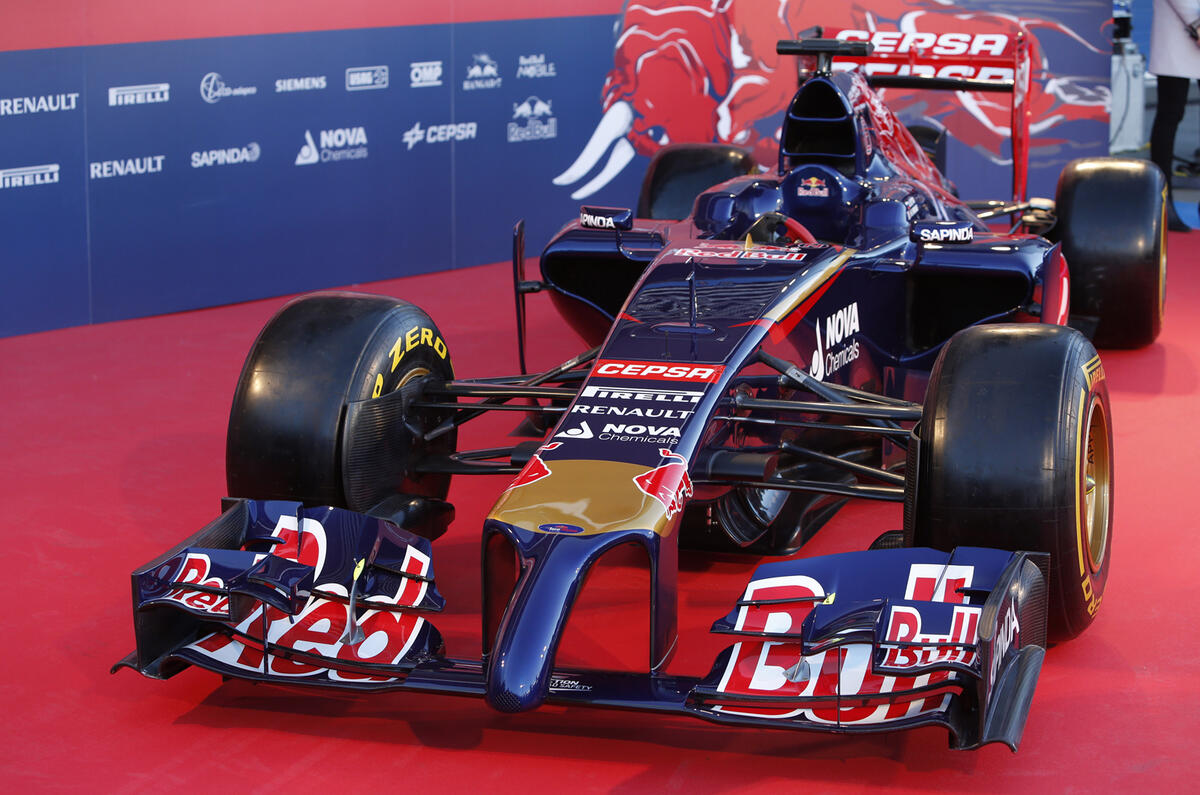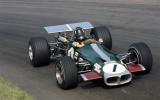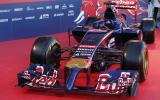Brilliant news for Formula 1 fans on the eve of the first test of the new season: oversteer is back.
Or at least it will be in greater doses than for many a year according to Paddy Lowe, the technical director at Mercedes, thanks to the torquey nature of the new-for-2014 1.6-litre V6 turbo engines, which have banished the 2.4-litre naturally aspirated V8s of recent years to history.
Lowe, like everyone else in the paddock here in Jerez, Spain is cautious about making too many predictions until the cars have run in anger for the first time, but he's confident that the rule shake up – led by the engine changes, but also including allowing the teams one-third less fuel over a race distance, considerably more electrical energy every lap and a reduction in aerodynamic aids – will make for a better spectacle.
"I really think the torque characteristics of the new turbo engines mean we'll see more oversteer than we have done for a while," said Lowe. "With the kind of torque curve we have, plus the reduction in downforce, it is going to be exciting. Ineterestingly, the engines appear to sound better too – they've got some guts behind them, and then you've got the sound of the turbo spooling up on top of that. In fact, one of the most interesting sounds is the turbo spooling down when the car comes in the pits – it keeps going for around 15 seconds even when the driver is off the throttle."
Better still, Lowe also reckons that the latest Pirelli tyre compound will allow drivers to slide the cars with less damaging effects on long-term wear. "Until we test we won't know for sure how far they've come, but I get the feeling Pirelli has moved somewhere in the right direction," he says.
That's not all, either. The regulations allow each car 100 litres of fuel for each race – requiring them to be 33 per cent more efficient than last year – but offer more freedom during qualifying, during which the braver teams will wind the engines up for maximum attack laps, a bit like yesteryear. Some, in need of a spot of publicity, may even try the same trick early in races, although they certainly won't have enough fuel to finish.
Throw in the expected unreliability of the new components – one wag is suggesting the only certainty is that "the pitlane will open at 9am and the first red flag will wave before 9.02am, when the first of many cars breaks down" – and you have the makings of a season that will be considerably more uncertain than many of recent times.
The only pity is that the opening of some freedom of the front end regulations has conspired to work with a mandatory lower nose section for safety reasons to result in some quite peculiar aerodynamic solutions. For now, the phrase 'dolphin nose' has been coined for the resultant look – a description that many people in the paddock (quite rightly, I'd argue) is unfairly cruel on dolphins.







Join the debate
Add your comment
Oversteer in F1......??
By the way, the picture you have used to demonstrate F1 in the 'old days' is Graham Hill in a FORMULA 2 Lotus......doh!!
F1 2014
are too slow (around eight seconds/lap compared with last years cars). Although it is early
days maybe its a good thing that the cornering speeds are less and the tyres are a harder compound thus reducing marbles off the racing line. I would think that this could lead to better
overtaking manouvers into corners and generally improve the spectacle along with oversteer.
That was cool. I wonder when